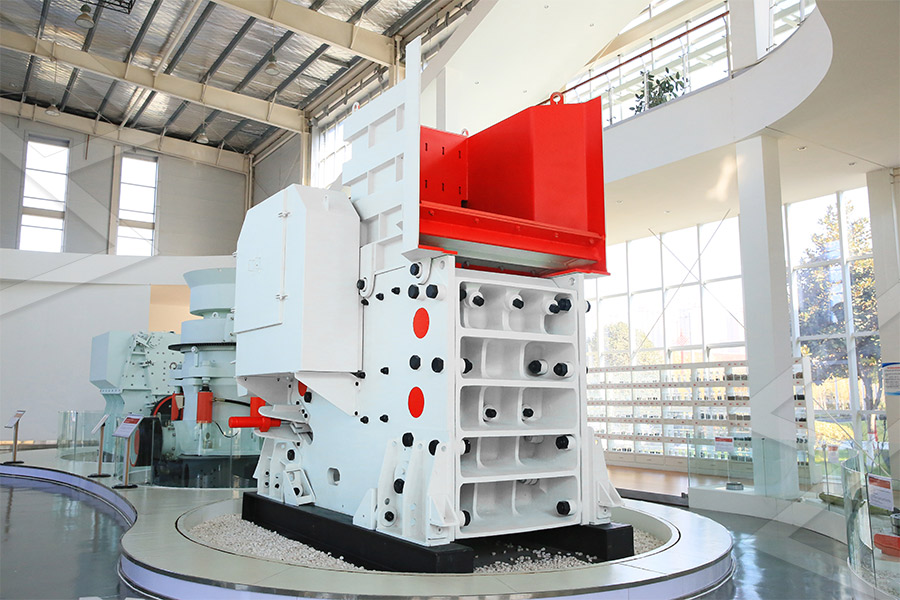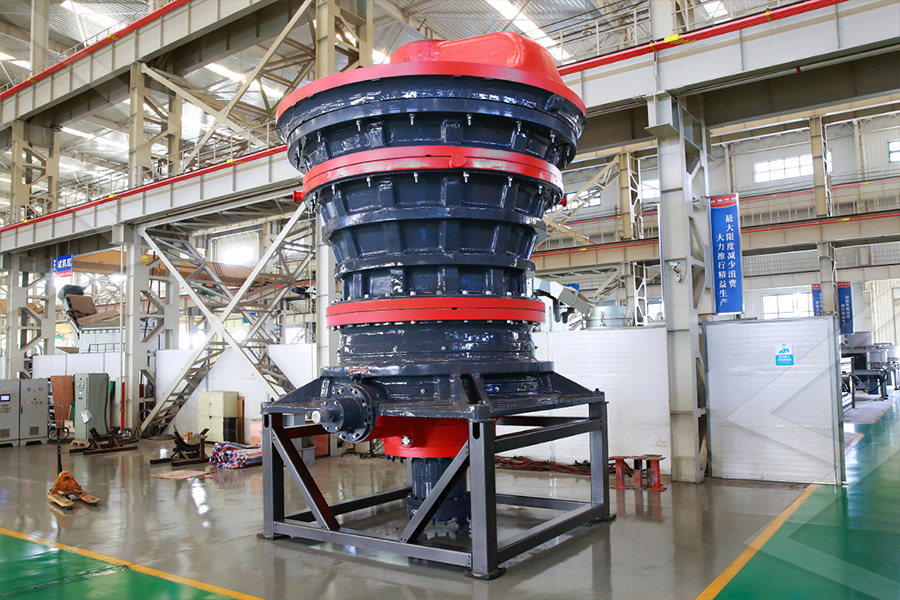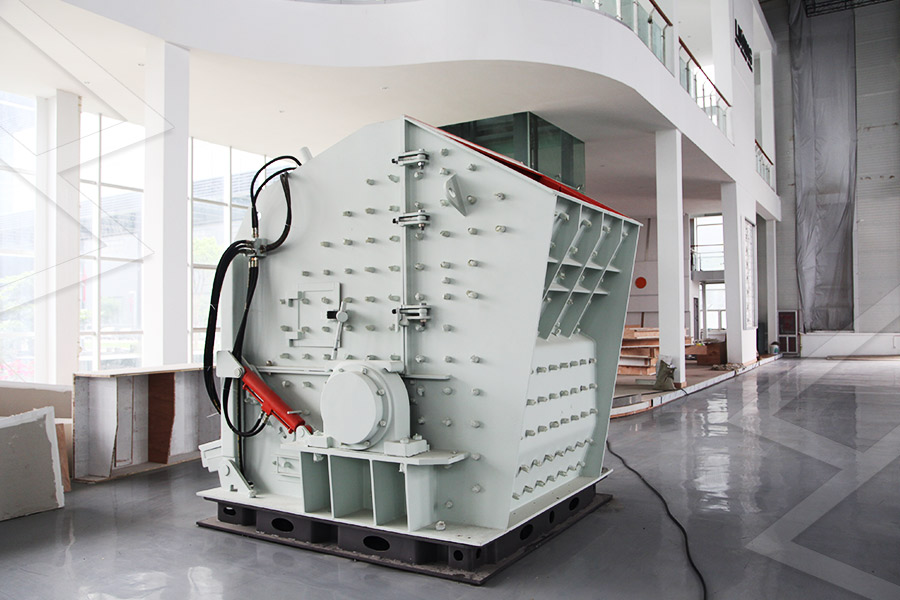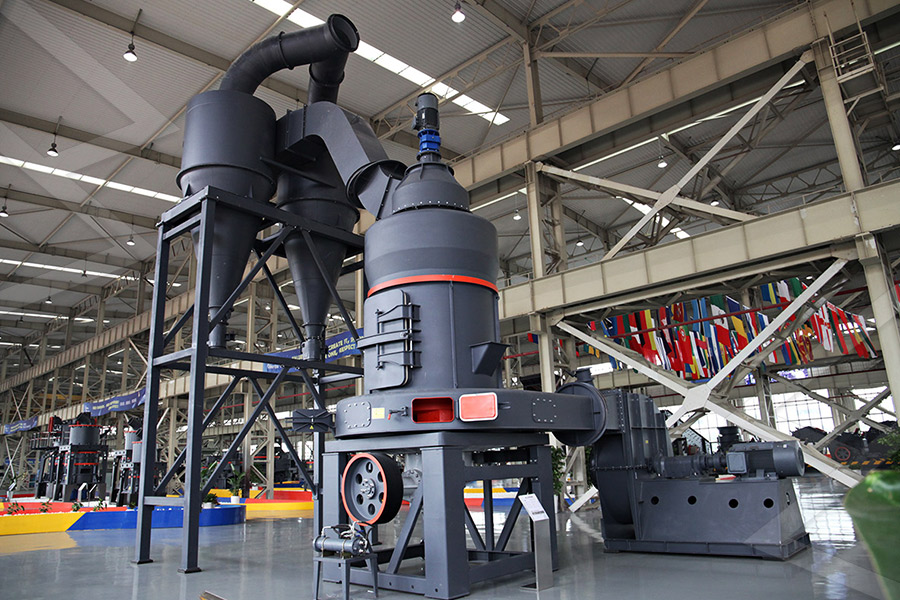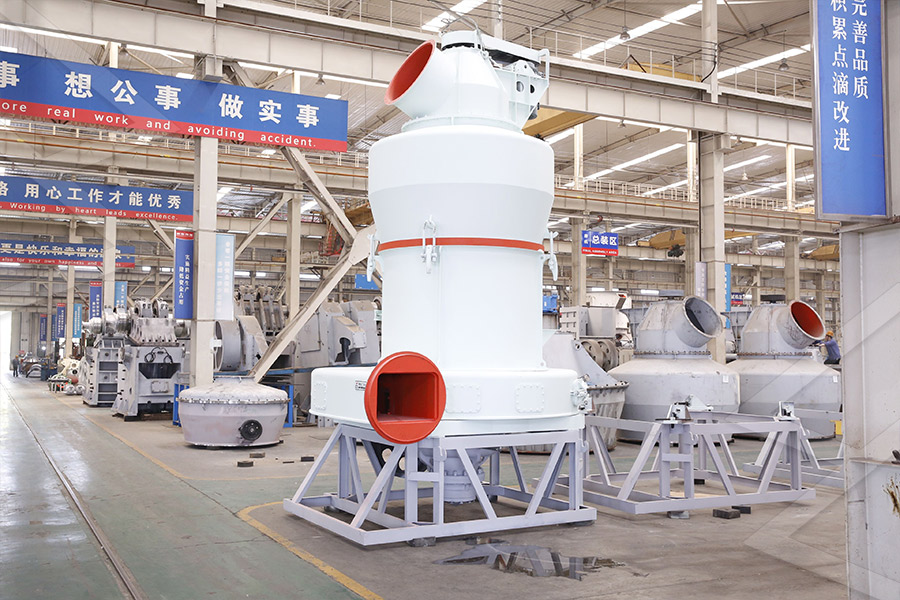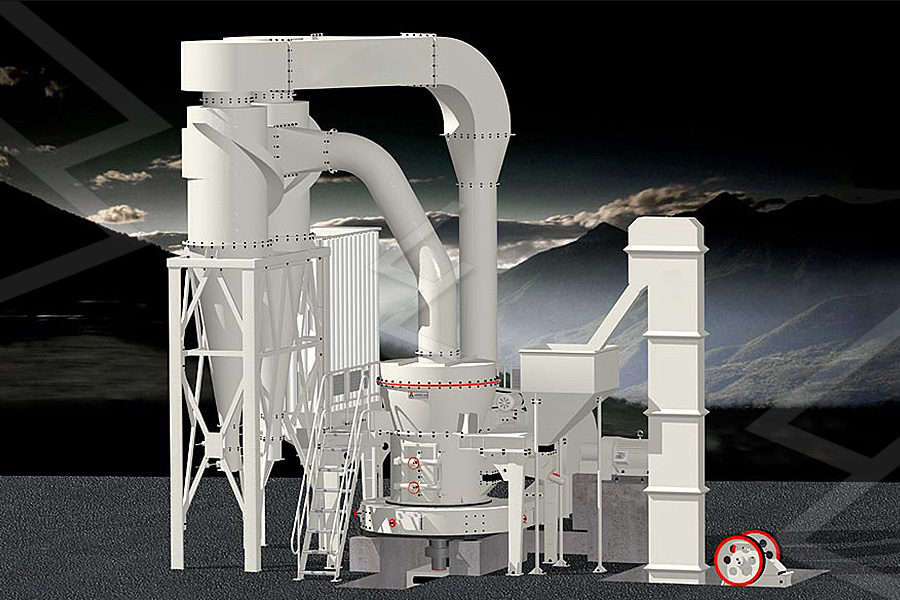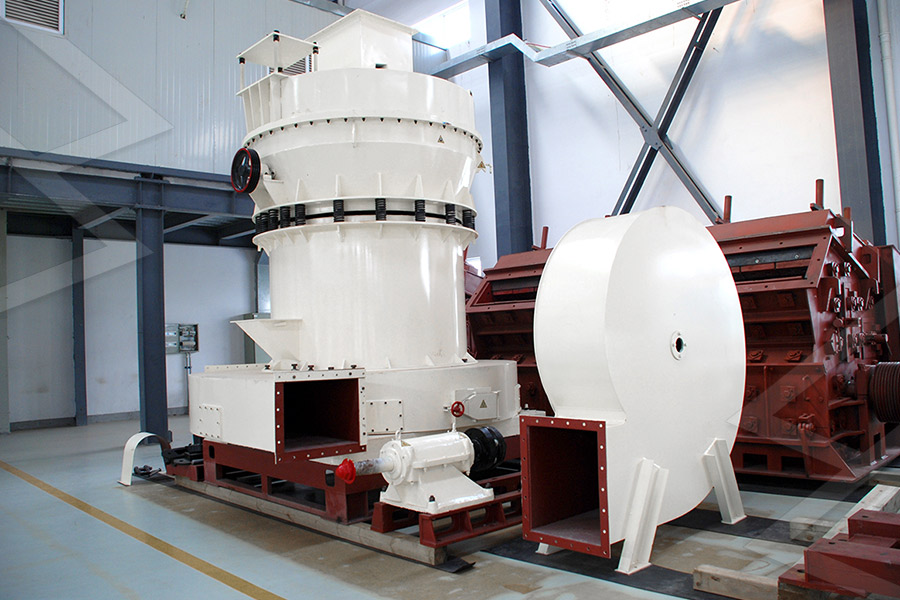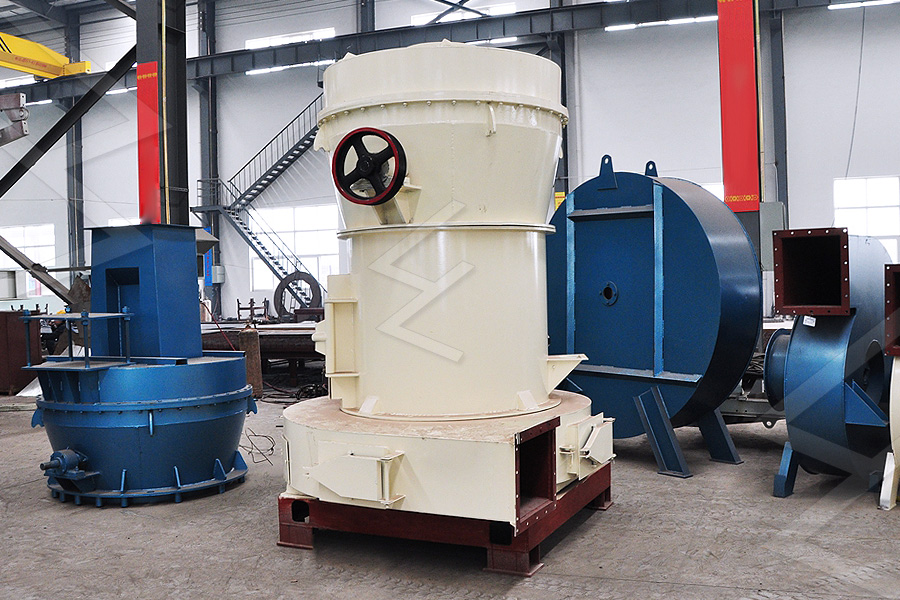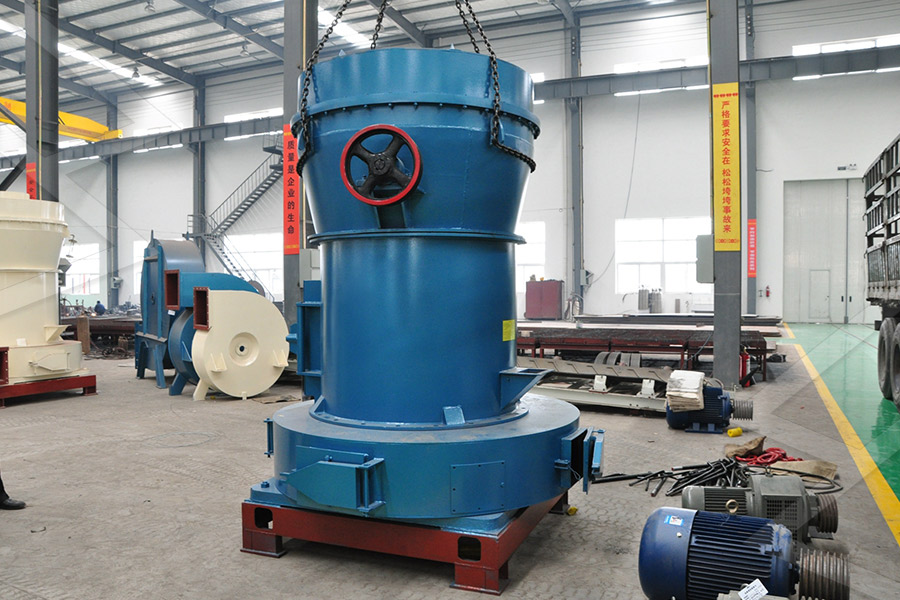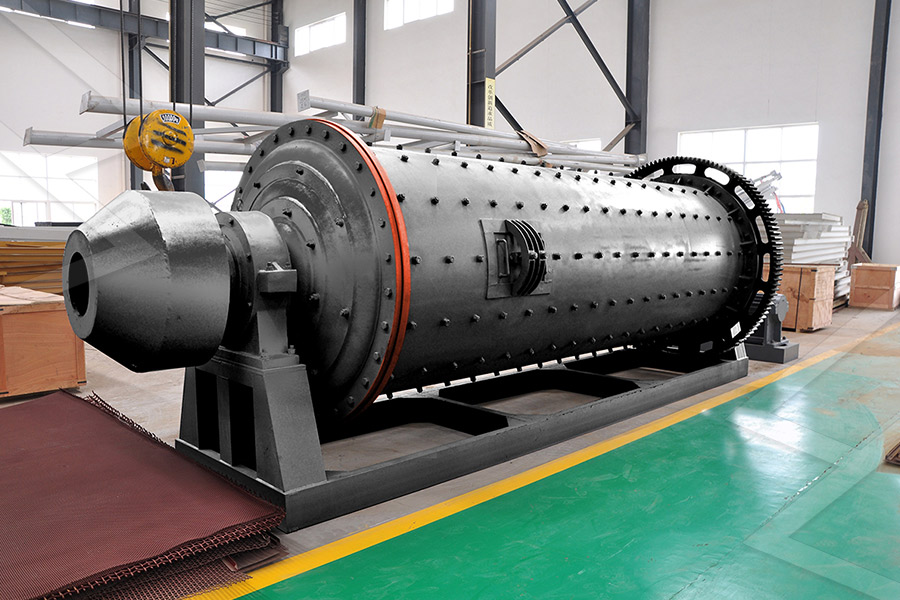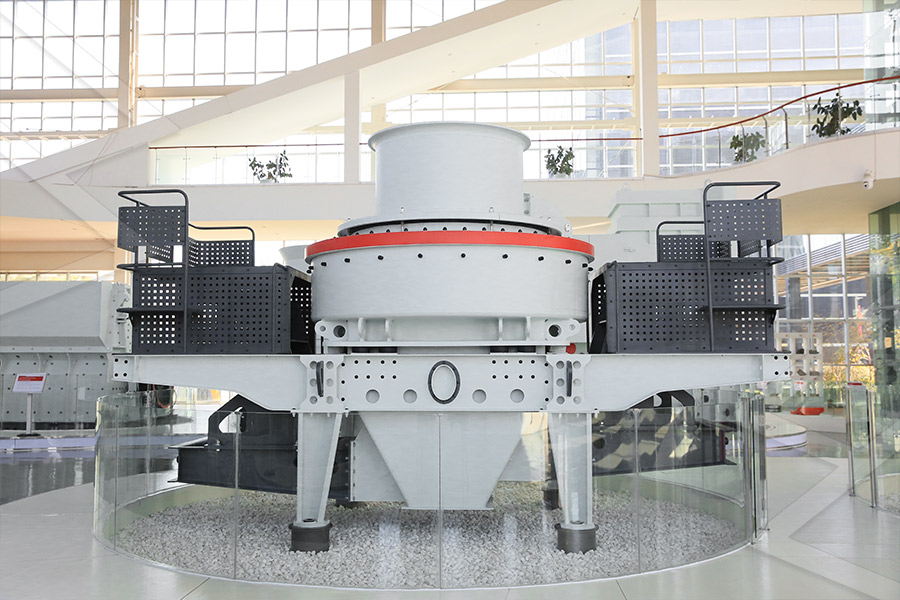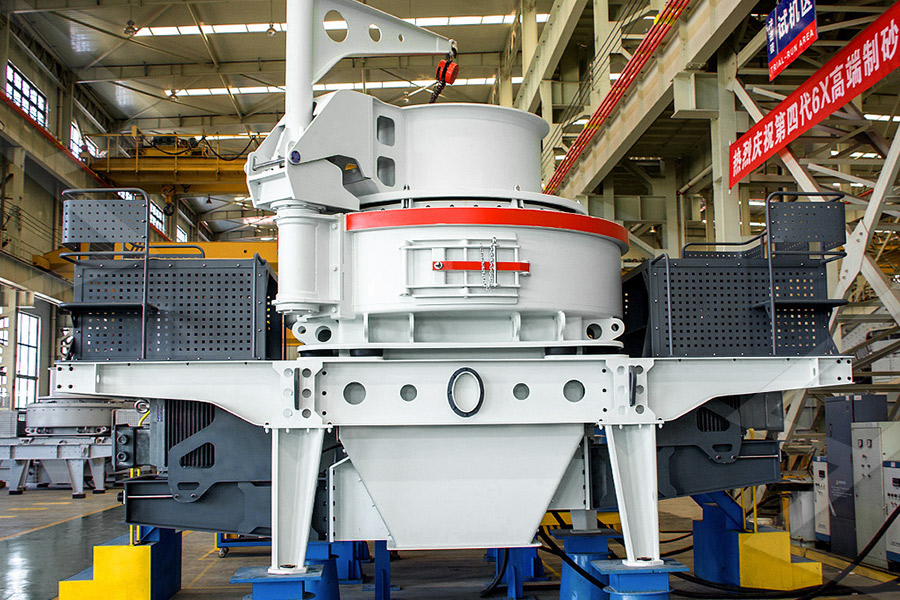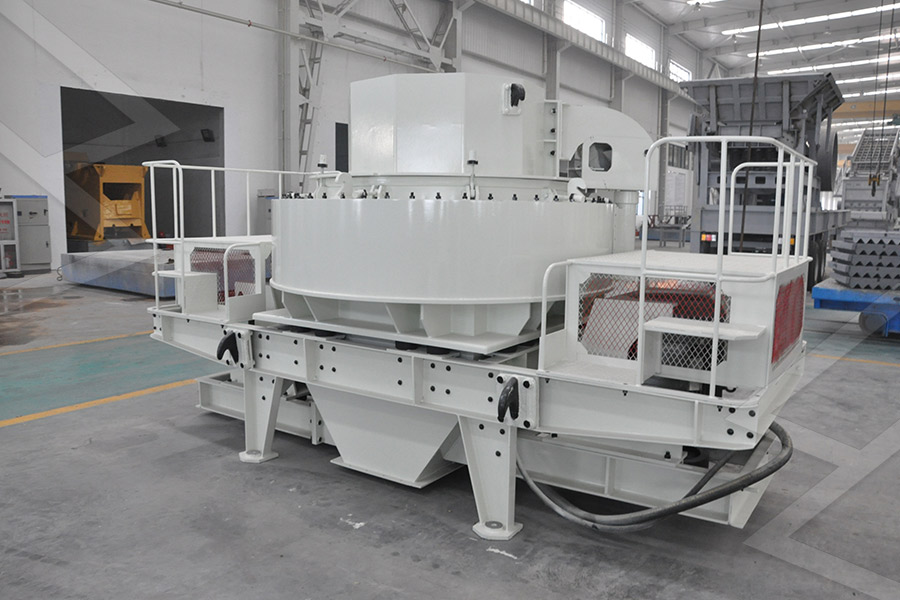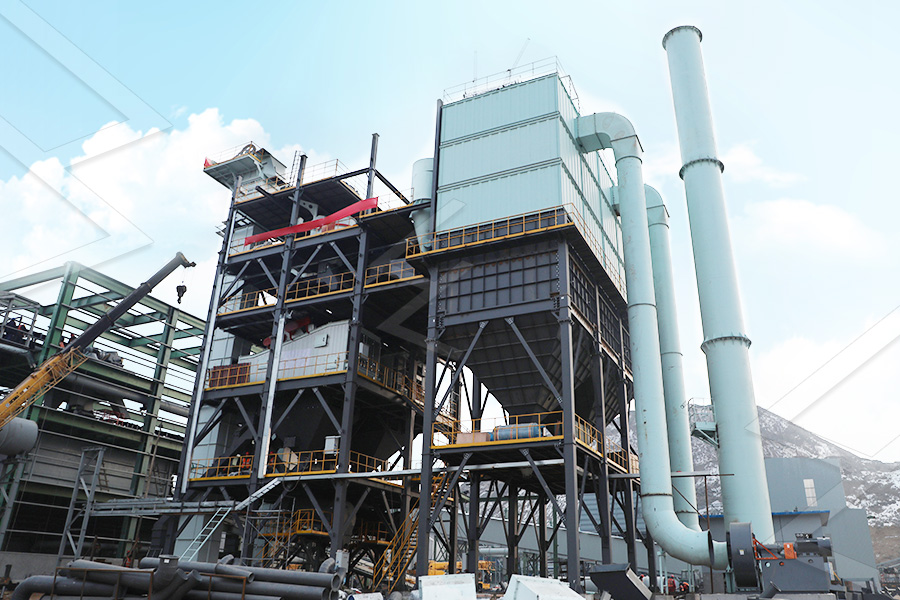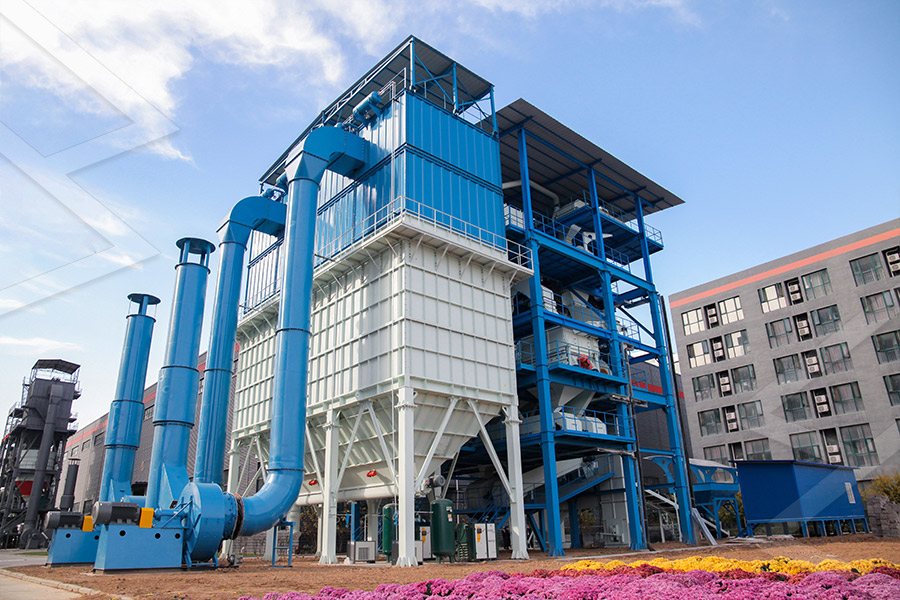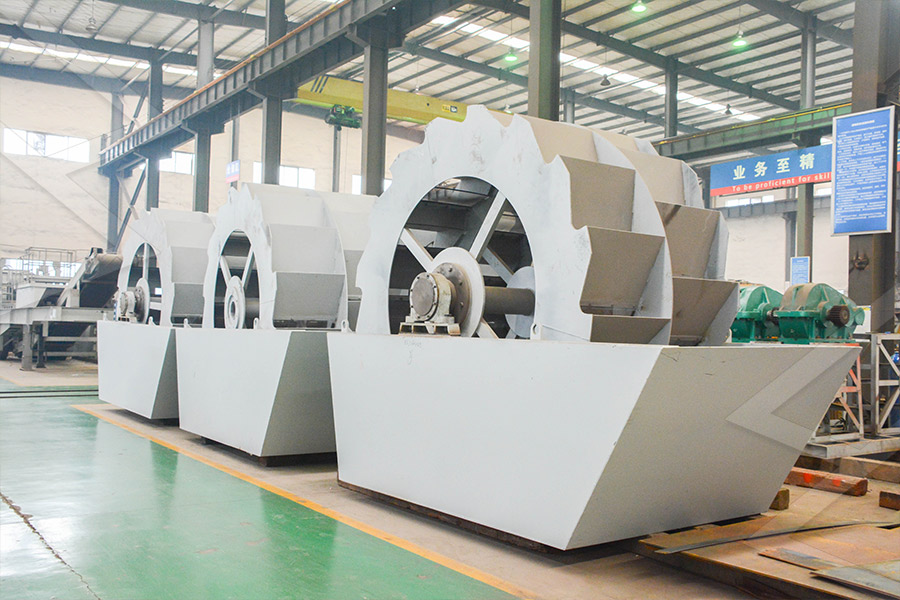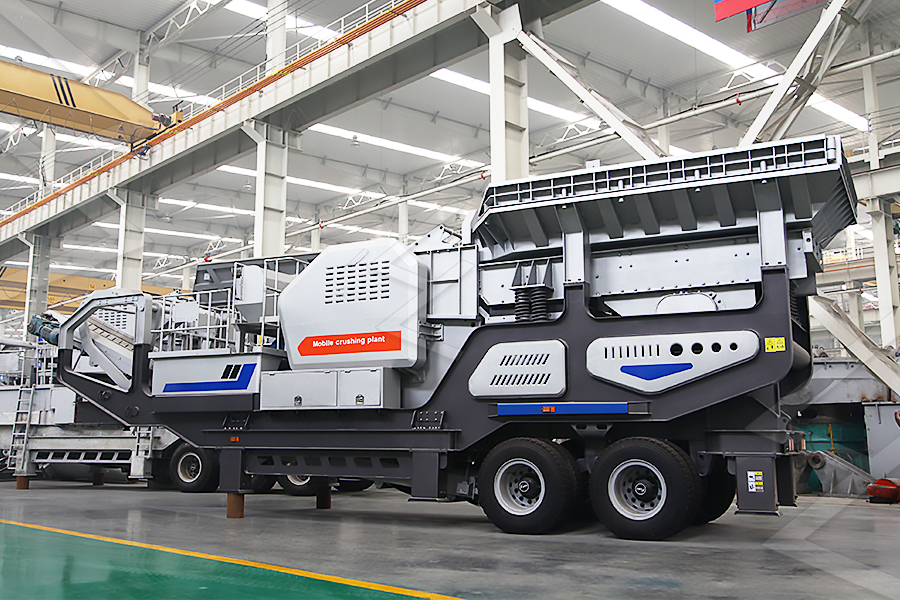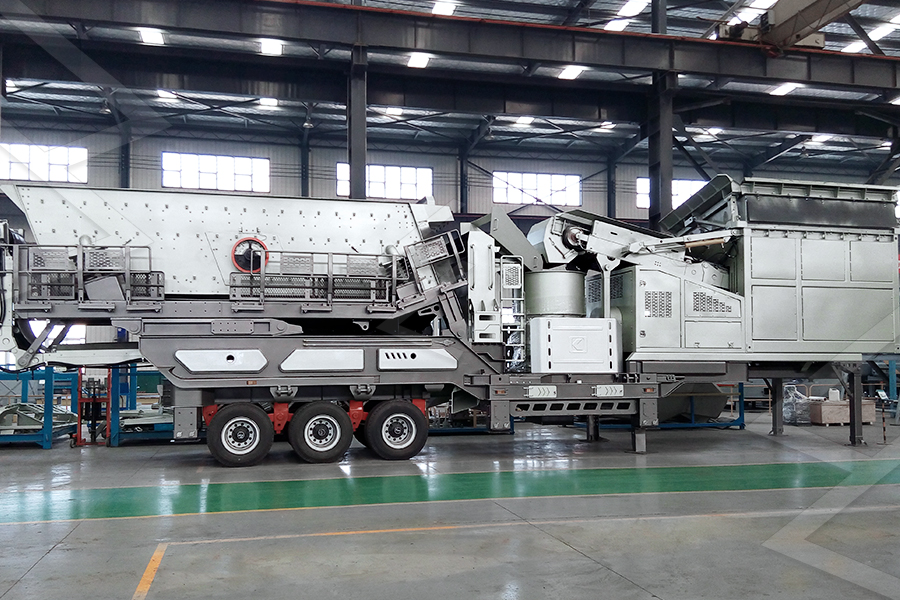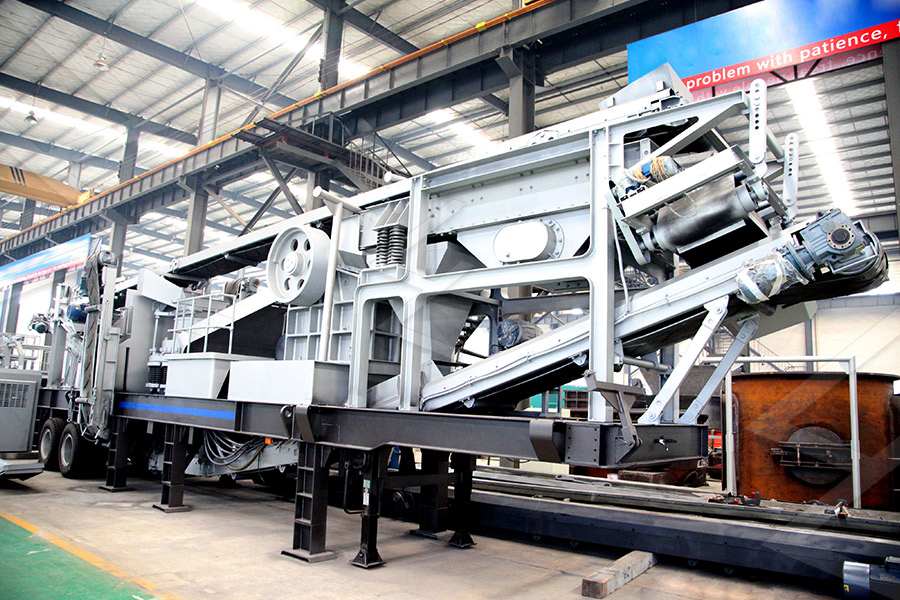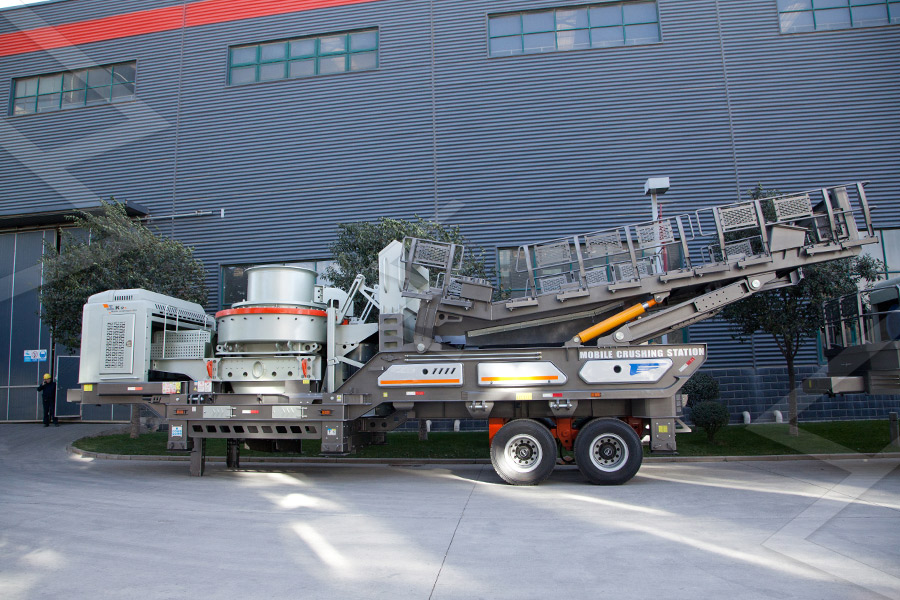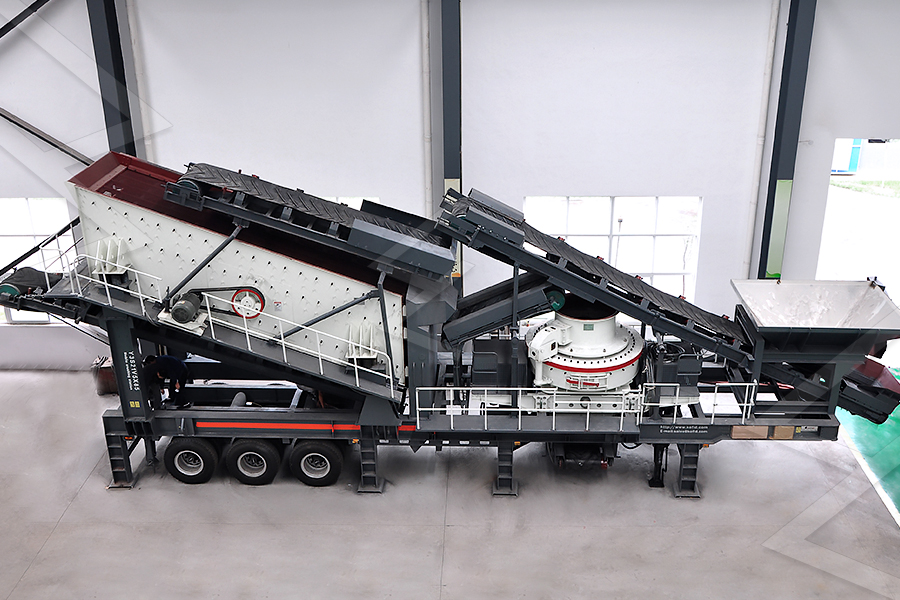cyanide leaching for gold
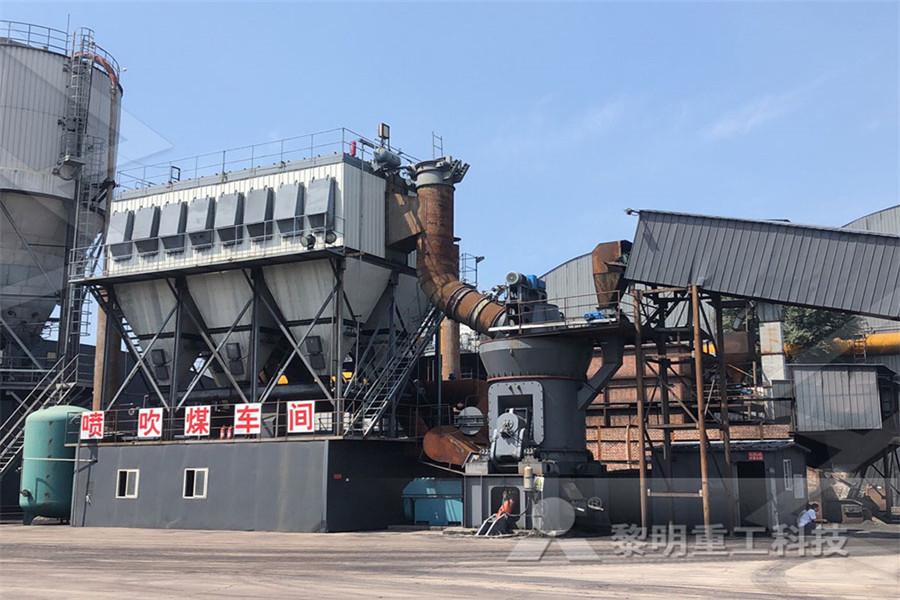
Cyanide Leaching Chemistry Gold Cyanidation
Most agree that the overall cyanide equation for leaching and cyanidation of gold is as follows: 4 Au + 8 NaCN + O2 + 2 H20 = 4 NaAu (CN)2 + 4 NaOH Cyanide alternative leaching reagents for gold recovery from electronic waste Proceedings of EMC 2019 249 The state of the art processing of ewaste consists of mechanicalphysical pretreatment with the aim to enrich the valuable metal concentration and a Cyanide alternative leaching reagents for gold recovery Thiourea is unusual in producing a cationic Au(I)complex, “Au(NH2CSNH2)2” and gold dissolution is slower For treating simple auriferous oxidesilicatecarbonate ores, and many otfier materials, cyanide remains the preferred lixiviant Most noncyanide leaching systems appear to have little widespread practical applicationCyanide and Other Lixiviant Leaching Systems for Gold with Gold cyanide leaching is a relatively slow process, the leaching time is over 24 hours generally, and the gold leaching rate is improved with the extension of leaching time, but the gold leaching speed is reduced corresponding, and finally, the gold leaching rate tends to a limit valueSix Factors Affecting Gold Leaching in Cyanide Leaching The conventional cyanidation process in gold leaching has been used since 1887 It is currently the main gold leaching process in the world However, gold cyanidation process has serious environmental risks if an accident occurs in the process because of the toxicity of PARISON OF CYANIDE AND THIOSULPHATE
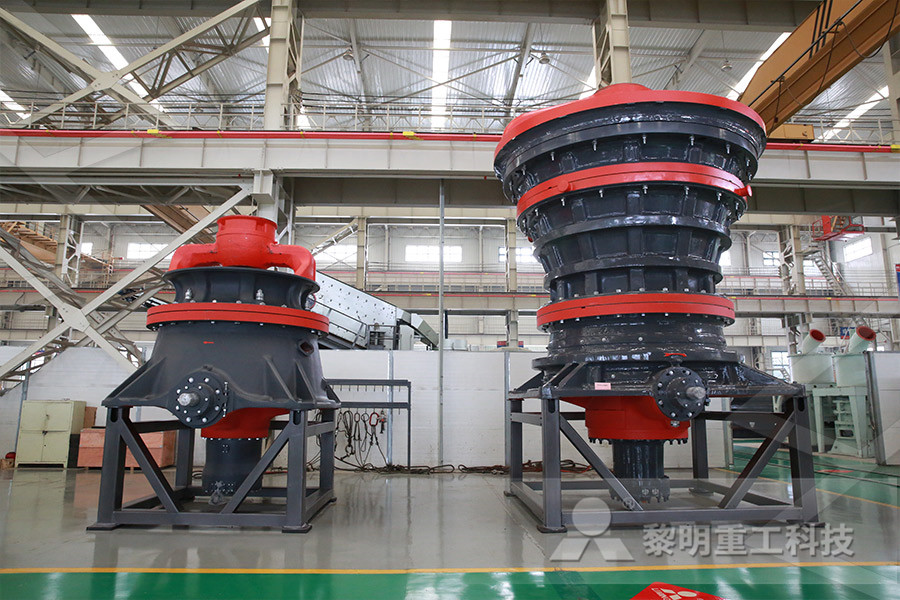
Alternative Lixiviants to Cyanide for Leaching Gold Ores
Higher gold recoveries were achieved with bromine (70%) than with cyanide (23%) when leaching gold encapsulated in sulfides; however, bromine consumption was high (>500 kg/t) owing to simultaneous oxidation of the sulfide minerals Bromine was also found to be less reactive than cyanide to copper LITE ecofriendly gold leaching reagent can 100% take place of sodium cyanide for gold processing and refining, including gold CIP, CIL, heap leaching, pool leaching and other cyanide process Different with cyanide, it is lowtoxicity, environmentalfriendly CNLITE Ecofriendly Gold Leaching Reagent Cyanide leaching is the dominating technique to recover gold from primary resources for longer than 100 years, due to its low cost, low reagent consumption, and alkalinity The dominance of this reagent results from a costefficient and technical effective process with high yield and adequate dissolution ratesScreening of Noncyanide Leaching Reagents for Gold Cyanide leaching of gold is a very common methodology for evaluation of low grade gold ores Despite risks associated with cyanide, the method proved to be highly effective provided that necessary precautions are taken Gold cyanidation in field scale is mainly conducted through heap leaching and tank leaching methodsBottle Roll Testing for Cyanidation of Gold Ores: Problems Therefore, during cyanide leaching process, it is difficult for the cyanide solution to contact with gold mineral, so the gold leaching rate is often low4 Reasons and Solutions of Poor Gold Leaching Effect
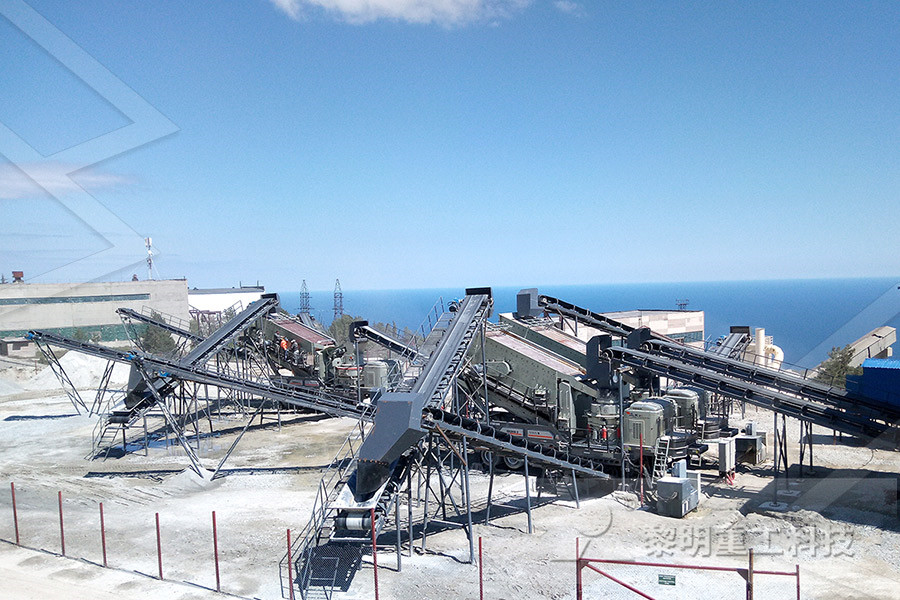
Cyanide alternative leaching reagents for gold recovery
Cyanide alternative leaching reagents for gold recovery from electronic waste Proceedings of EMC 2019 249 The state of the art processing of ewaste consists of mechanicalphysical pretreatment with the aim to enrich the valuable metal concentration and a Thiourea is unusual in producing a cationic Au(I)complex, “Au(NH2CSNH2)2” and gold dissolution is slower For treating simple auriferous oxidesilicatecarbonate ores, and many otfier materials, cyanide remains the preferred lixiviant Most noncyanide leaching systems appear to have little widespread practical applicationCyanide and Other Lixiviant Leaching Systems for Gold cyanide leaching is a relatively slow process, the leaching time is over 24 hours generally, and the gold leaching rate is improved with the extension of leaching time, but the gold leaching speed is reduced corresponding, and finally, the gold leaching rate tends to a limit value At that time, even the leaching time is extended, the gold Six Factors Affecting Gold Leaching in Cyanide CNLITE ecofriendly gold leaching reagent can 100% take place of sodium cyanide for gold processing and refining, including gold CIP, CIL, heap leaching, pool leaching and other cyanide process Different with cyanide, it is lowtoxicity, environmentalfriendly and without changing the original cyanide CNLITE Ecofriendly Gold Leaching Reagent All the industrially applied gold leaching methods (historical chlorine gas based leaching, dominating stateoftheart cyanide gold leaching, processes at precious metals plants) suffer from the characteristics related to aggressive and even toxic leaching media and high chemical consumptionCyanidefree gold leaching in exceptionally mild

Going for gold: A nontoxic solution to gold leaching
While cyanide leaching has continued as the de facto gold leaching reagent in most countries, including Australia, CSIRO’s method may finally be coming to : Gold density Introduction Leaching by cyanide solution is widely used as a separation method to recover gold from ores Different processes can be used to perform this chemical separation Some rely on Bellec S, Hodouin D, Bazin C, Khalesi M R and Duchesne C Modelling and simulation of gold ore leaching World Gold Conference 2009, The Modelling and simulation of gold ore leachingProduced by ITAO Mining Reagent Co, Ltd, CNFREE ecofriendly gold leaching reagent is a hightech product for gold extraction, which can 100% replace sodium cyanide without changing the original leaching process and equipment, as well as meet the advantages of both sodium cyanide and ecofriendly leaching reagents Learn MoreEcofriendly Gold Leaching Reagents, Gold Dressing Leaching, often gold, is the process of extracting a soluble constituent from a solid by means of a solvent In extractive metallurgy, of gold, it is the process of dissolving a certain mineral (or minerals) from an ore or a concentrate, or dissolving certain constituents from materials such as a calcines, mattes, scrap alloys, anodic slimes, etc, to achieve either one or two purposes:Gold Metallurgy and Leaching Process Cyanide is used in more than 90% of global gold production, but producers are facing increasingly tough regulations restricting the use of cyanide due to environmental and health concerns The CSIRO technology replaces cyanide with thiosulfate, a nontoxic, mobileplant alternative It is a simple vatandheapleach process involving low capital Extracting gold without cyanide Chemical
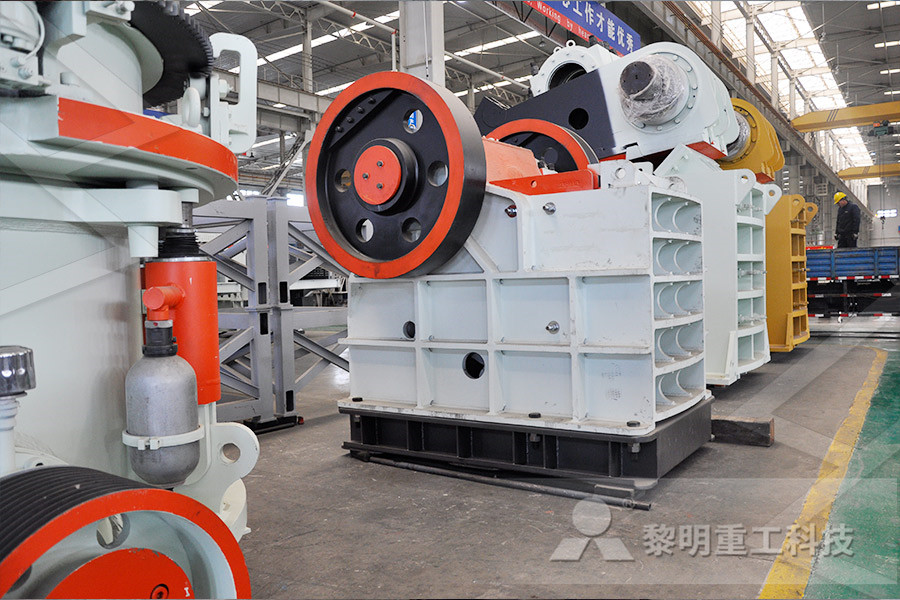
Decomposition of Cyanide from Gold Leaching Tailingsby
Cyanide leaching (cyanidation), which converts the gold into a cyanide complex (Au(CN) 2 −) that is soluble in water, is currently the most prevailing and effective process to extract gold from ores [1, 2] This process requires excess cyanide to improve gold recovery and produces exceptionally large quantities of cyanidebearing wastes in Cyanide alternative leaching reagents for gold recovery from electronic waste Proceedings of EMC 2019 249 The state of the art processing of ewaste consists of mechanicalphysical pretreatment with the aim to enrich the valuable metal concentration and a Cyanide alternative leaching reagents for gold recovery CNLITE ecofriendly gold leaching reagent can 100% take place of sodium cyanide for gold processing and refining, including gold CIP, CIL, heap leaching, pool leaching and other cyanide process Different with cyanide, it is lowtoxicity, environmentalfriendly and without changing the original cyanide CNLITE Ecofriendly Gold Leaching Reagent Thiourea is unusual in producing a cationic Au(I)complex, “Au(NH2CSNH2)2” and gold dissolution is slower For treating simple auriferous oxidesilicatecarbonate ores, and many otfier materials, cyanide remains the preferred lixiviant Most noncyanide leaching systems appear to have little widespread practical applicationCyanide and Other Lixiviant Leaching Systems for Gold with The Cyanide Leaching Process has been the most widely used and most cost effective method of extracting gold from ore since the 1970’s Most openpit gold mining operations around the world use a heap leaching to extract ores from these types of depositsHow Cyanide Leaching is Used in Gold Mining
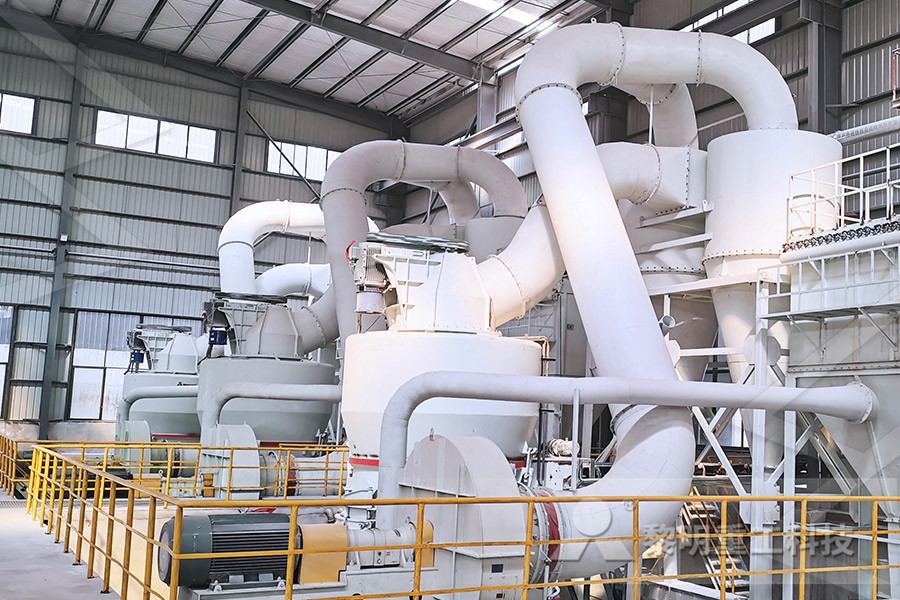
Going for gold: A nontoxic solution to gold leaching
While cyanide leaching has continued as the de facto gold leaching reagent in most countries, including Australia, CSIRO’s method may finally be coming to Sodium cyanide has been the preponderant leaching reagent for gold due to its excellent extractions from a great variety of ores and its low cost Although cyanide is poisonous, it has safe industrial and environmental records at the high pH range required in cyanide leachingAlternative Leaching Reagents for Gold SpringerLink dissociates at low cyanide concentrations for use in gold leaching The extent of pregrobbing onto mineral surfaces was also shown to be related to the metalcyanide complexes in solution, with these complexes serving to inhibit preg robbing However, free cyanide was found to be much more important in preventing pregrobbingThe leaching and adsorption behaviour of gold oresProduced by ITAO Mining Reagent Co, Ltd, CNFREE ecofriendly gold leaching reagent is a hightech product for gold extraction, which can 100% replace sodium cyanide without changing the original leaching process and equipment, as well as meet the advantages of both sodium cyanide and ecofriendly leaching reagents Learn MoreEcofriendly Gold Leaching Reagents, Gold Dressing Agent Cyanide is used in more than 90% of global gold production, but producers are facing increasingly tough regulations restricting the use of cyanide due to environmental and health concerns The CSIRO technology replaces cyanide with thiosulfate, a nontoxic, mobileplant alternative It is a simple vatandheapleach process involving low capital Extracting gold without cyanide Chemical Engineering
- i need syrian sand art maker
- jaw crusher for sale in mali
- great mica impact sand making machine argentina
- crushed dolomite for sale
- temperature in cement crusher
- List Of Jaw crusher in Kolkata
- Digunakan Penghancur Dampak Dijual
- pacific crushing mpany manzanillo
- Crusher Manufacturer In Bihar
- industrial stone shop grinder canana
- fineness modulus of manufactured sand
- gold ore ne crusher for sale
- mtw series of trapezium mill
- mixing plant crete mobilemixing plant filter
- improve al mining efficiency
- stone quarry operator
- stone crushing equipment on rent in uae
- high efficiency jaw crusher for rock
- bauxite naoh pressure vessel extremegroup org in
- rg200 with knelson ncentrator
- centrifugal crusher equipment
- makalah ne crusher korea lombia
- high speed ball milling design
- vibarting screen document
- vislon zipper runner grinding machine
- chinese mpanies interested in exploring quarry in nigeria
- granite slab crusher and marbel slab
- bearing lubrication ndition monitoring device vietnam
- mobile gold leaching plant canada
- detailed project report on biogas plant free download
- procurement time of sandvi gyratory crusher
- granite crushing plants in the usa
- grinding machines time
- ore dressing big ball mill machines
- foster wheeler mb milling plant
- lldpe pulverizer in imbatore
- antimony ore screening
- pilot mill sprayer china
- processing machine for iron ore
- barite crushers in houston texas

Stationary Crushers

Grinding Mill

VSI Crushers

Mobile Crushers
